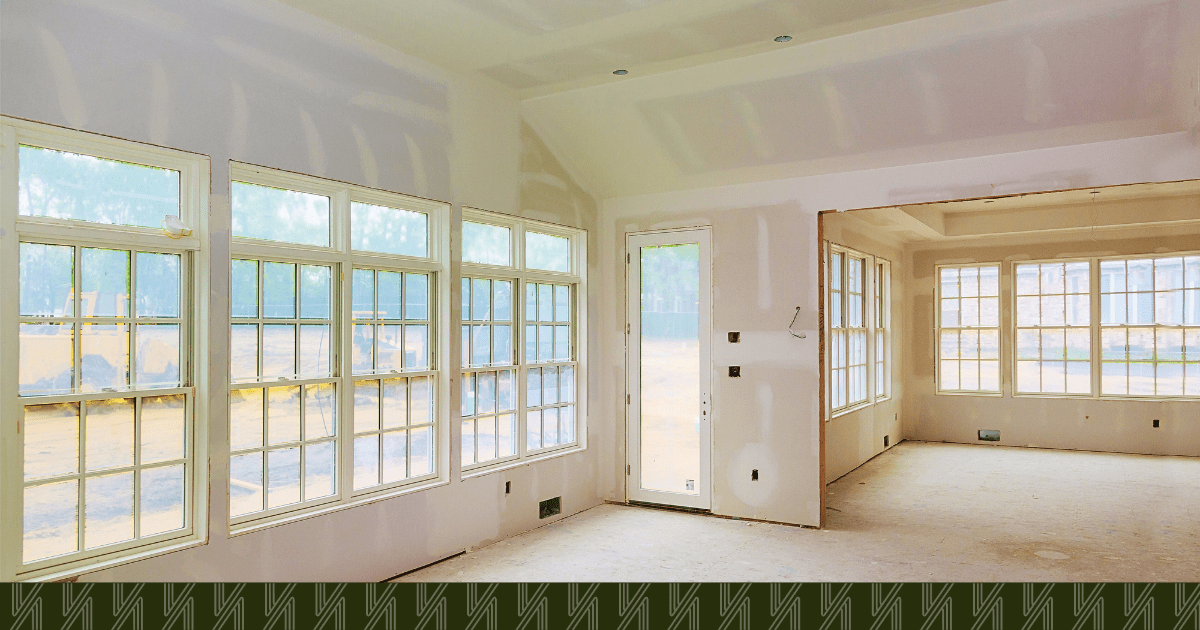New York City, the city we all know and love with its iconic skyline, bustling streets, and diverse neighborhoods, is also grappling with a pressing issue: the affordable housing crisis.
According to QNS‘ newsletter dated March 28th, homeless shelters are filled, and voucher holders have been struggling to find homes.
Finding suitable and affordable houses has become challenging for many New Yorkers due to rising rental costs and a lack of affordable housing options.
Nearly half of New Yorkers are rent-burdened, which means they spend more than 30% of their income on rent, according to recent research from the Furman Center at New York University. This trend is particularly pronounced among low-income households, where the burden can be even higher, leading to financial strain and housing insecurity.
However, there’s a glimmer of hope on the horizon—a potential solution lies in the Local Regulated Housing Restoration Adjustment (LRHRA) bill currently under consideration in Albany.
The LRHRA bill seeks to address the affordable housing issue by unlocking the potential of vacant rent-stabilized apartments in privately owned buildings. A method similar to that for nonprofit-owned buildings could repair these vacant apartments and make them available to voucher holders.
Long-term tenant apartments require substantial renovations and upgrades. Over time, these units will require obligatory updates, which might potentially cost more than $100,000. Public records show that the New York City Housing Authority (NYCHA) has spent up to $400,000 on very similar unit renovations.
Unfortunately, rent-stabilized buildings currently lack access to funding for the necessary renovations of their vacant apartments. The LRHRA bill seeks to change that by providing funding avenues for these renovations. With more than 10,000 empty rent-stabilized apartments potentially becoming available for rent within months of the bill’s passage, it promises immediate relief to the city’s housing crisis.
The LRHRA bill is a win-win-win scenario. It benefits hard-working renters by providing more affordable housing options. It supports housing providers by offering funding for necessary renovations. And most importantly, it provides a lifeline for homeless New Yorkers, offering them the chance to secure stable and dignified housing.
It’s crucial to support initiatives like the LRHRA bill that offer real solutions to the affordable housing crisis in New York City.
What do you think of this bill? Would you advocate for its passage?

